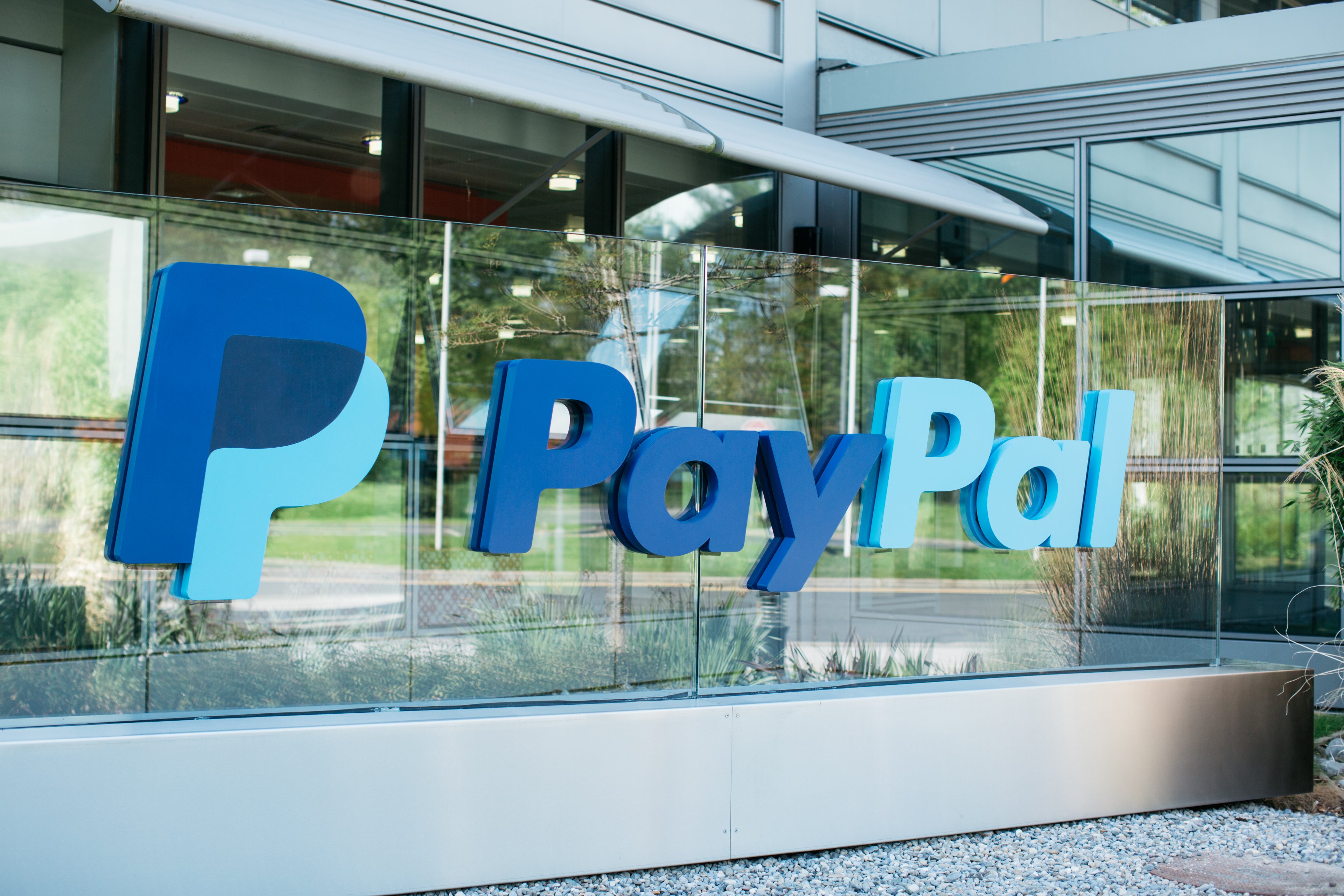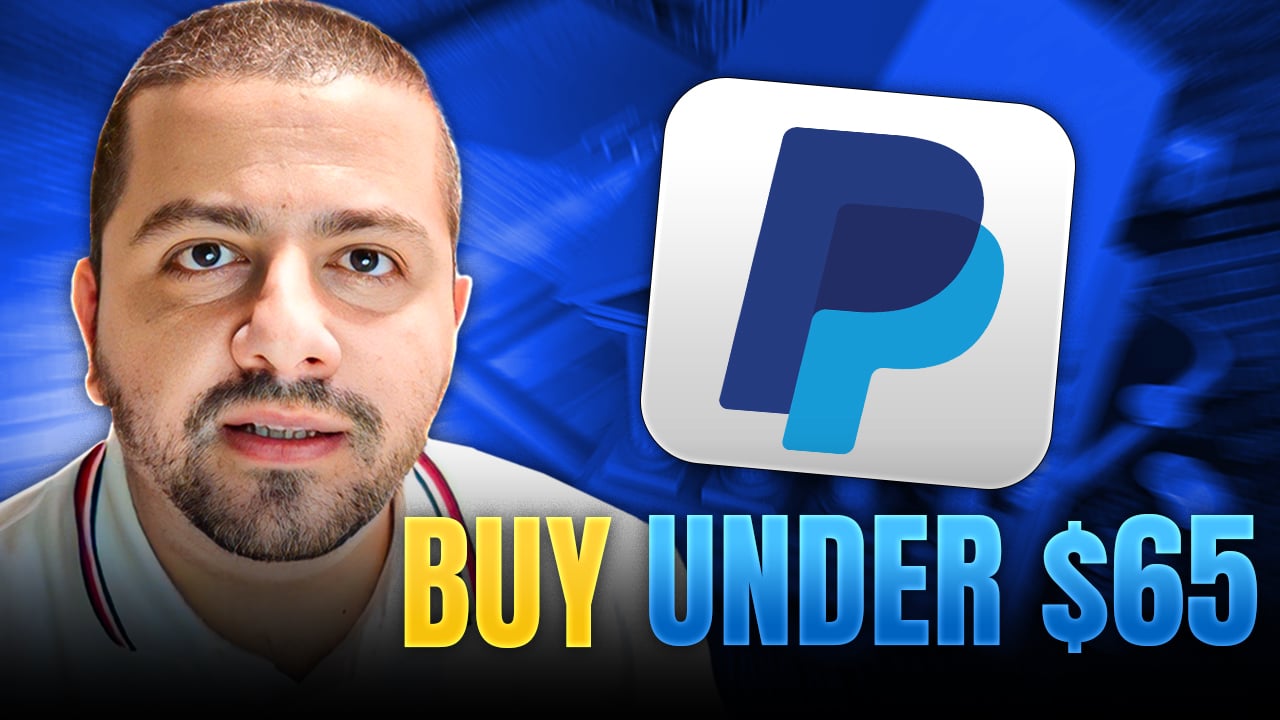As a crown jewel in the fintech space, PayPal's (PYPL 1.05%) stock soared to nearly $310 per share in 2021, captivating investors' attention at a time when its explosive growth was hard to ignore. However, slowing growth, declining margins, and a lack of compelling catalysts raised doubts about the stock and its lofty valuation.
Today, PayPal is down 78% from its peak and is priced at a very attractive valuation. As the company looks to reinvigorate its business and ramp up growth, here are four reasons why now might be the perfect time to buy PayPal stock.

NASDAQ: PYPL
Key Data Points
1. Merchant business provides a steady base to build on
PayPal operates a global, two-sided network connecting millions of customers and merchants across approximately 200 markets, with 434 million active accounts as of Dec. 31, 2024. It serves nearly 90% of Fortune 500 companies and over 20 million small business merchants globally, giving the company strong network effects.
The fintech aims to build on this foundation and has been enhancing its offerings for small and medium-sized businesses (SMBs) through PayPal Complete Payments (PPCP). This platform simplifies SMB services with an integrated, end-to-end solution that caters to small business needs.
PPCP enables SMBs to easily access PayPal's latest online branded checkout and new products, such as Fastlane. Through the end of the second quarter, approximately half of SMB processing and checkout volume flows through the PPCP platform -- a notable increase since the company introduced the platform last year.
2. Diverse revenue growth engines
Beyond merchant services, PayPal has other avenues where it can pursue growth. For example, Venmo, its peer-to-peer payment service, grew by 20% in Q2, its highest growth rate since 2023. Meanwhile, total payment volume through Venmo was up 12%, its highest growth rate in three years.
This momentum is driven by product innovations and marketing campaigns that aim to reposition Venmo from a peer-to-peer payment tool to an everyday commerce platform. Other monetized products under this category include the Venmo Debit Card and Pay with Venmo.
PayPal is also growing in the Buy Now Pay Later (BNPL) area, which has proven to be a popular payment option for younger consumers. BNPL delivered strong quarter-over-quarter growth, with volume growing more than 20% and monthly active accounts climbing 18% in Q2.
Customers choosing BNPL have an average order value that is more than 80% higher than a standard branded checkout transaction. PayPal attributes its success in BNPL to its scale, ease of use, and customer value. For merchants, PayPal's BNPL solutions are seamlessly integrated into the PayPal ecosystem, requiring no extra tech work and often at a lower cost than stand-alone BNPL providers.

Image source: Getty Images.
3. Its stablecoin could drive growth and improve margins
Stablecoins have been a topic of discussion after the U.S. recently enacted the Guiding and Establishing National Innovation for U.S. Stablecoins (Genius) Act, establishing a federal regulatory framework for payment stablecoins.
PayPal launched PYUSD in August 2023, making it one of the first major financial institutions to introduce a U.S. dollar-backed stablecoin. PYUSD is pegged to the U.S. dollar and is fully backed by U.S. dollar deposits, U.S. Treasuries, and similar cash equivalents.
One of the primary goals of PYUSD is to address the pain points of high fees and slow speed in cross-border money transfers. It provides a stable, reliable, and cost-effective alternative to conventional systems, fueling economic activity on a global scale.
PayPal is actively developing and testing PYUSD for business-to-business (B2B) use cases and views it as an attractive way to advance cryptocurrency and move U.S. payments beyond legacy rails. Its stablecoin also offers a potential route to lowering costs, especially in cross-border B2B situations. Pay with Crypto boasts a transaction rate of 0.99%, which can decrease transaction costs by up to 90% when compared to international credit card processing, according to the company.
4. PayPal has strong cash flows and a cheap valuation
PayPal delivered solid results in Q2, with revenue of $8.3 billion, up 5% year over year. It had an adjusted earnings per share (EPS) of $1.40, which came in ahead of analyst estimates.
Management raised full-year non-GAAP EPS guidance to $5.15 to $5.30, up from previous estimates. This would be an 11% to 14% growth rate compared to last year. It also projects that it will generate $6 billion to $7 billion in free cash flow.
Despite its steady growth and a strong forecast, PayPal trades at a cheap valuation at just 13 times its forward earnings. This puts it around valuations similar to those of legacy banks, like JPMorgan Chase and Wells Fargo. Given the cheap valuation, PayPal has some margin of safety. With the foundation in place for further growth from multiple avenues, I think PayPal is a compelling value play with upside potential from here.





